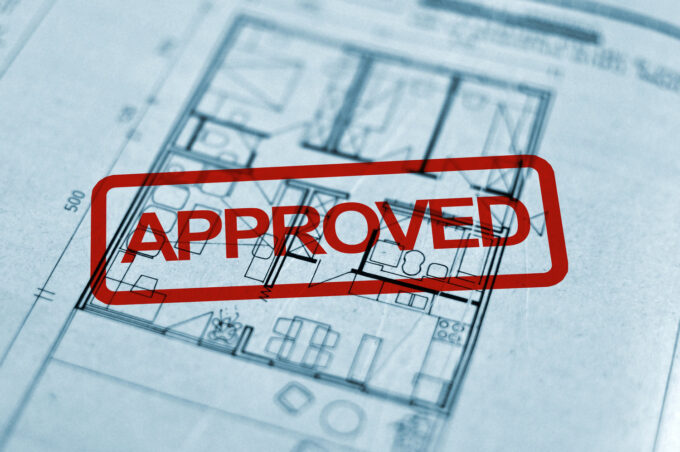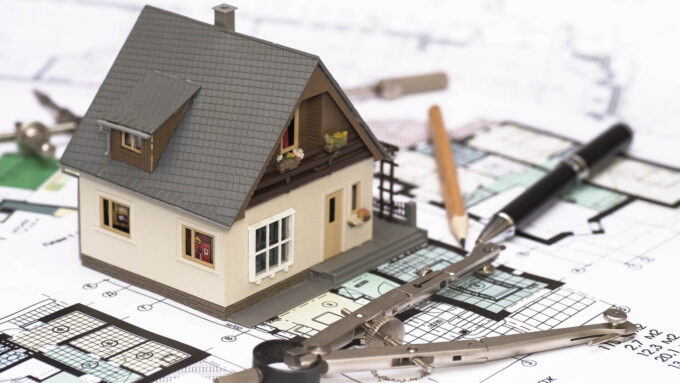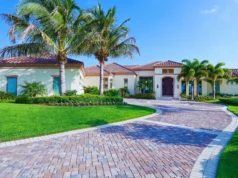Buying a property can be an exciting, albeit daunting, process, especially in the current marketplace. For example, the price of a house was 9.45 times the national average wage in August, making it difficult to fund your dream purchase.
However, the housing market is poised for a period of stagnation, with demand falling as the base interest rate continues to rise (as a way of countering rampant inflation). This may cause house prices to fall by between 10% and 20% in 2024, making it potentially easier to buy property for those who have been able to save a large deposit.
But what are the key checks before investing in real estate? Here are some considerations to keep in mind:
1. Damp and Mould
The condition of the property that you own is crucial, as this impacts the underlying value of a house and the amount that you’ll have to spend to make it liveable.
This is why you’ll invest in detailed surveys and property inspections before placing a bid, while it’s also important to take an active role in appraising real estate and avoiding the risk of conveyancing negligence should a professional fail to identify key issues with a property.
Damp and mould can be particularly harmful, both to the structural integrity of the property and your own health. So, it’s important to check for the signs of mould in particularly damp or poorly ventilated space, such as in bathrooms, under sinks or any understairs closets.
2. Planning Permissions

If structural work is required on a property (either out of necessity or in order to create your dream home), you’ll also have to determine whether planning permission is required.
If so, you should make the application as soon as possible, while ideally liaising with surveying or architectural experts to minimise delays and guarantee your chances of success.
Similarly, think about the scale of the renovations and whether you’ll be able to live in the house while these are being carried out. Without either of these considerations, you could run into significant legal issues or face the prospect of severely undermining your quality of life for a period of time.
3. Energy Efficiency
Energy efficiency is an increasingly important issue, as this helps to reduce your consumption of gas and electricity while making it much easier to manage your monthly and annual bill repayments.
The most energy efficient properties will have insulation throughout and double glazing, helping to retain heat during the winter while providing a cooling function during the summer.
Energy efficient homes are ultimately easier to resell in the future and capable of reducing your cost of living, which is a key consideration with inflation now peaking above 11% in the UK.
Is There Anything Else to Consider?

There are other considerations too, including the orientation of your house. Certainly, it’s important to ensure that your garden is exposed to the sun during the summer, while this can also impact on the natural light that the property receives on a daily basis.
You should also evaluate the house’s electrical and plumbing standards, as you may identify instances in which the wiring and fittings are functional and up to date.
By keeping these points in mind, you can achieve genuine value for money when purchasing a home and make an informed decision that suits everyone!
Consider the Age Of The Property
If you just want to buy a house, without having enough money to invest in the renovation, you should check how old the house is. You may find a house that meets all of your needs and requirements but it has been built several decades ago. Therefore, one of the key factors that you need to keep in mind while purchasing a property is its age of it. Logically, the older the house is the more renovation it will need.
It is true that older houses have some authentic appearance and charm, however, everything inside them is old. This means that a house like this will definitely need some upgrades, improvements, and repairs maybe not right now, but in the closer future. If you decide to purchase an older property, make sure that you are going to have the budget for the upcoming renovation projects that will be required.
Be real with what you can afford

Yes, it is highly exciting to buy a new house! However, you must put aside the thrill you are feeling, and primarily be realistic when it comes to buying your new property. Even before you start researching the property, you need to set your budget and stick to it. There are not so many people who understand that property loan repayments, as well as the owning a property costs, have an impact on the budget more than a rent payment.
In case you are going to take a home loan, even though it can be tempting to borrow the maximum amount of money that you can borrow, you should first find out how much the repayment is. After taking into consideration this factor you will have a clear picture o whether the costs of the property you chose will fit your budget.
You will need to take into consideration the maximum repayment cost that you can afford to repay every month. If you are not sure how to calculate this, you can use a repayment calculator that you can find online. In general, the crucial cost will be the property deposit which is usually at least 10% of the value of that property.
Therefore, do not forget about the deposit first. If you are ready to purchase a property and you have the exact budget for it, you should also check with your bank how much money they are willing to lend you so you can start with the adventure of purchasing your property.
Do not forget about the silent costs
There is one more key point that you should keep in mind while purchasing a property. Everyone gets so blind to the excitement that new property will bring to their lives, that they neglect the fact that silent costs can occur as a problem at some point later.
Therefore, we suggest that before you even sign the contract, you must ensure that you go through all costs so you do not miss some and overlook them. Silent costs can influence your budget a lot, and in many cases, people find out that they really do not have money put aside for them. Some of those silent costs refer to the council rates, stamp duty, lenders’ mortgage insurance, loan fees, conveyancing, as well as building and pest inspections.











